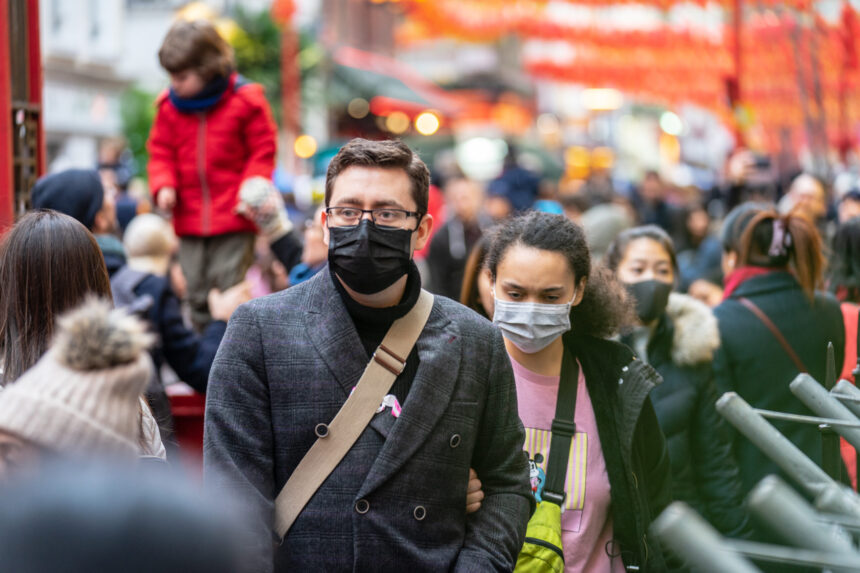A study published in the journal Social Psychological and Personality Science examined how interpersonal rejection may motivate people to seek pandemic-related measures for protection from infection.
The study involved the analysis of four samples of diaries from over 2,700 participants residing in the United States and in Europe, who self-reported their purported feelings amid the spread of COVID-19.
“The current paper hypothesizes that social pain—the experience of feeling interpersonally hurt or rejected—can sensitize the behavioral-immune system by giving people added reason to see others as worthy of protecting themselves against,” the authors explained in their journal article.
“We obtained four daily diary samples involving 2,794 participants who reported how hurt/rejected they felt by those they knew, how personally concerned they were about the spread of illness/COVID-19, and how vigilantly they engaged in self-protective behaviors to safeguard their health each day.”
What the study concluded: “An integrative data analysis revealed robust evidence that people who believed they were invulnerable to infectious disease engaged in more concerted efforts to protect themselves against the greater daily risk of contracting COVID-19 when being in acute social pain gave them added reason to see others as harmful to them.”


